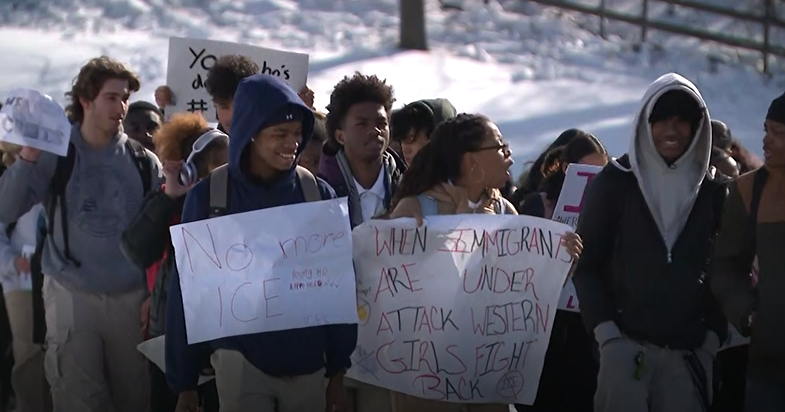Alex Azar says timeline of coronavirus vaccine distribution "has nothing to do with elections"
The CDC is telling states to prepare for a coronavirus vaccine sooner, rather than later. In a letter sent last week, the agency told state governors to prepare to take steps to distribute a potential vaccine by November 1, two days before the election.
However, the head of the National Institutes of Health said it's unlikely one will be ready by then. Three possible vaccines are in stage-three trials in the U.S. right now.
Health and Human Services Secretary Alex Azar joined "CBS This Morning" for an exclusive interview Thursday, saying politics will not be the determining factor in the distribution of a vaccine.
"President Trump has made it clear and I've made it clear these decisions will be driven by-- by the standards of science and evidence and FDA's gold standards," Azar told co-host Tony Dokoupil.
Dokoupil asked about the likelihood of a vaccine being available by November 1, noting that large majorities of Americans are worried about the safety of a potential vaccine and the possible influence of politics in its rollout. In his answer, Azar took the opportunity to praise the president first.
"Thanks to President Trump's leadership of this Operation Warp Speed, we're making historic progress towards a vaccine," Azar said, before describing the steps that need to be taken in the stage three trials of the three vaccine candidates.
"When that data comes in, and we don't know when that data will come in, it's going to depend on actually the rate of infection in the communities where that vaccine and its placebo are being administered," Azar said. "When the data comes in, that will be reviewed by a data and safety monitoring board, that's an independent board. And then that data at the appropriate time will go to the FDA."
Dokoupil said that Azar's mentioning of the president sounded like flattery as opposed to scientific facts.
"We have that huge majority of people worried that politics is leading. And just to illustrate why, the first words out of your mouth this morning were 'President Trump.' In your op-ed about the vaccine, the first word: 'President Trump,'" Dokoupil said. "But if you look, by contrast, the New England Journal of Medicine perspective, an essay on the virus by one of your team members doesn't mention President Trump at all. That seems to be the difference between a political statement and a scientific document. Can you see how people might be concerned?"
"I think it's very irresponsible how people are trying to politicize notions of delivering a vaccine to the American people," Azar said. "We have a significant challenge with vaccine hesitancy, and efforts to undermine confidence in a vaccine that would come hurt, in terms of people being willing to take a vaccine once it comes through. Any vaccine that comes out is going to meet FDA's gold standards for authorization or licensure. The president's made that clear, I've made that clear, the FDA commissioner has made that clear. But we are seeing historic advances. We are literally in phase-three clinical trials on three vaccines, months from the initial development of those vaccines. If we get a vaccine, we need to be ready to distribute that."
Azar said Pfizer and Moderna vaccines are in the middle of the phase-three trials and AstraZeneca's Oxford vaccine entered phase-trials earlier this week. He emphasized that having a distribution plan in place is essential regardless of when a potential vaccine may be ready.
"We are right now producing, we are producing millions of doses of commercial-grade vaccine," Azar said. "And God forbid we get great data, and it comes out of the data and safety monitoring board, and the FDA finds that it meets their standards, and we aren't ready to distribute. So we need to be ready for all contingencies, and that's why the CDC is doing this. We should be celebrating the fact that it's even a potentiality that we could have an approved vaccine ready in the next month or two."
During the interview, Dokoupil said that "this will not be a regular vaccine because the technologies being used have never been approved so far for a vaccine. And in addition, this is a sped-up process."
When asked about the November 1 date in the CDC's letter to state governors, Azar pointed to the director of the CDC's National Center for Immunization and Respiratory Diseases, Dr. Nancy Messier.
"You'd have to ask Dr. Messier because that came out of the career people at CDC working to do the planning here," Azar said. "It has nothing to do with elections. This has to do with delivering safe, effective vaccines to the American people as quickly as possible and saving lives. Whether it's October 15th, whether it's November 1st, whether it's November 15th, it's all about saving lives but meeting the standards-- the FDA standards of safety and efficacy. Nobody involved in this process is ever going to compromise on making sure that a product someone puts in their body is safe and effective."



